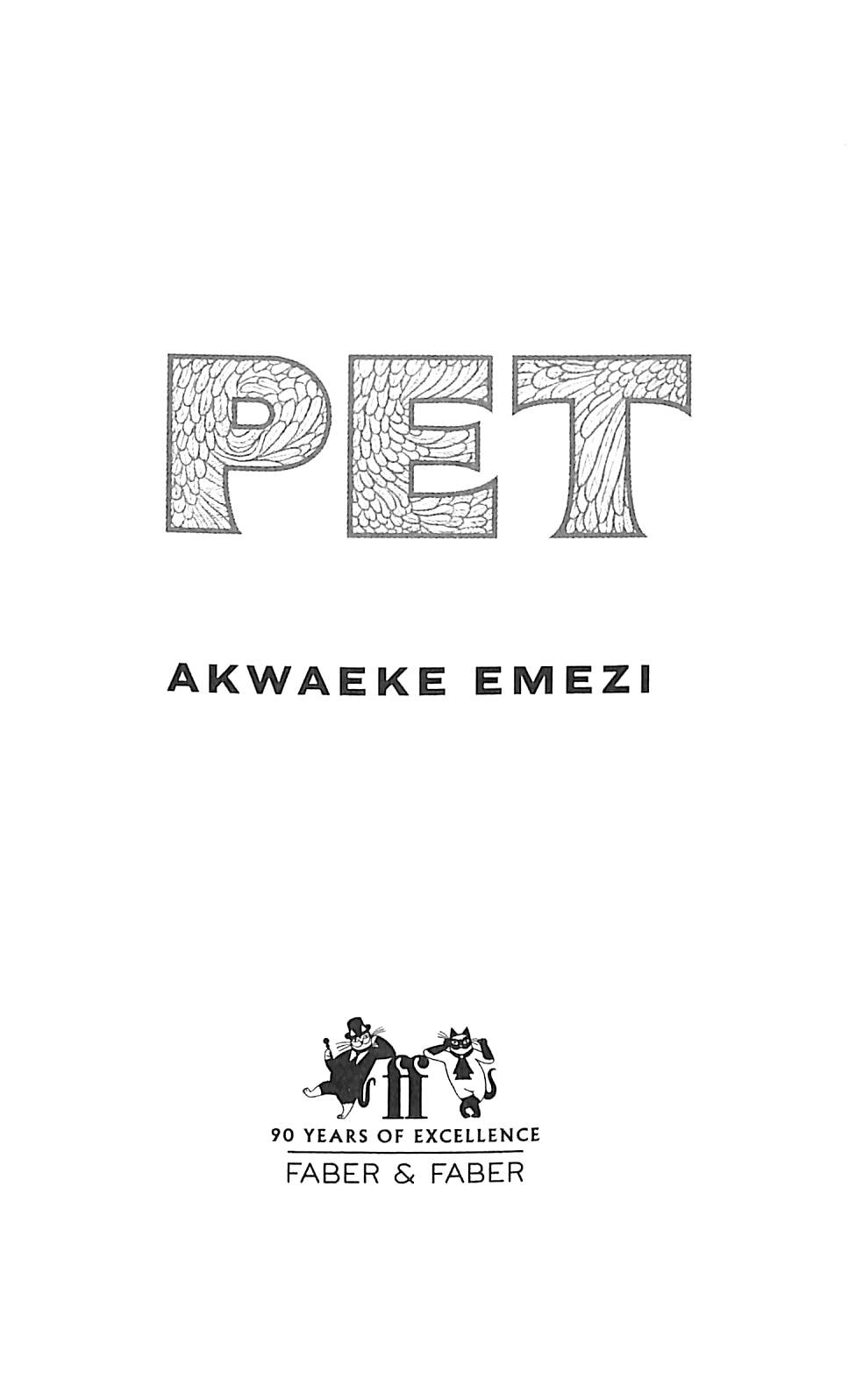

There’s something heartbreaking about the fact that his story can only be told by others, especially since some of them never saw him as he wanted to be seen. Only a handful of chapters-most of them very brief-are told from Vivek’s point of view. He is only just beginning to express his true self openly when he dies. When Vivek lets his hair grow long and acknowledges his true sexuality, he experiences some relief from this stress, but new problems arise-including an aunt who thinks he’s possessed by demons and boys who throw bottles at him. Eventually, Vivek will explain that these were moments when the burden of living an inauthentic life became too much to bear. The first hint of trouble ahead is when Vivek starts slipping into fugue states. In these early chapters, there is no sense of the tragedy that’s coming. As the narrative moves around in time and from viewpoint to viewpoint, Emezi offers a richly textured depiction of a middle-class community in Nigeria-one that includes several immigrants, among them Vivek’s Indian mother. The next chapter is told from the perspective of Vivek’s cousin, Osita.

Nor does the first chapter, which is one sentence long: “They burned down the market on the day Vivek Oji died.” Then the story moves into the past to introduce Vivek’s father, Chika, as he is about to meet Kavita, the woman who will become his wife and Vivek’s mother. This book’s title leaves no doubt about the fate of its central character.

The author of the young adult novel Pet, a finalist for the 2019 National Book Award, offers another exploration of gender identity, this time for adults.


 0 kommentar(er)
0 kommentar(er)
